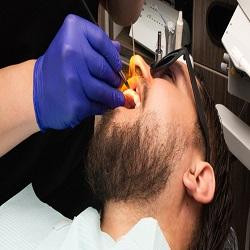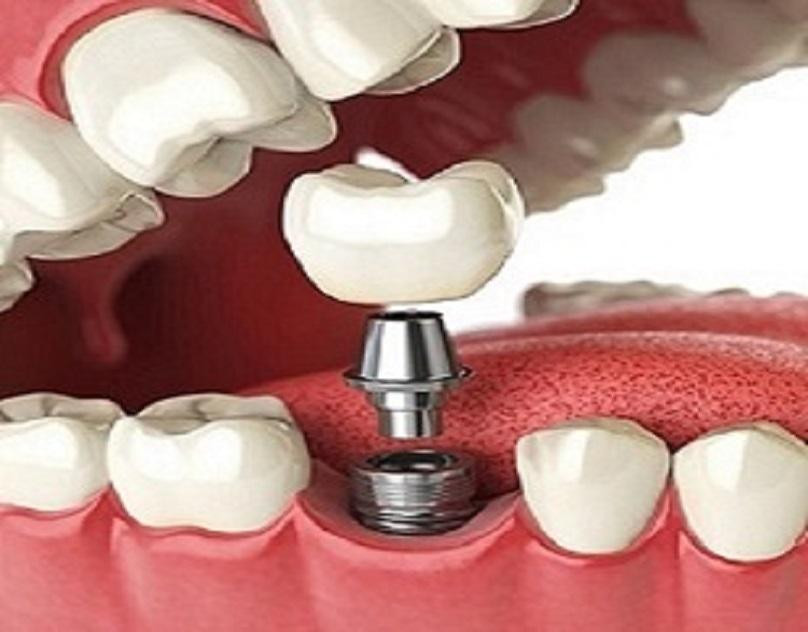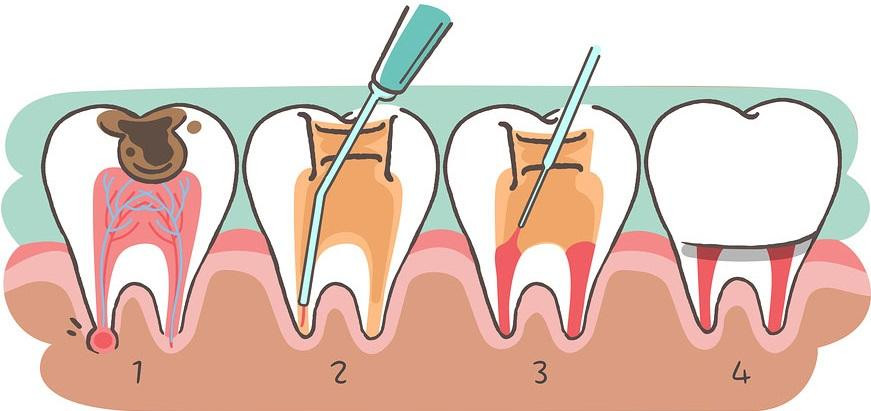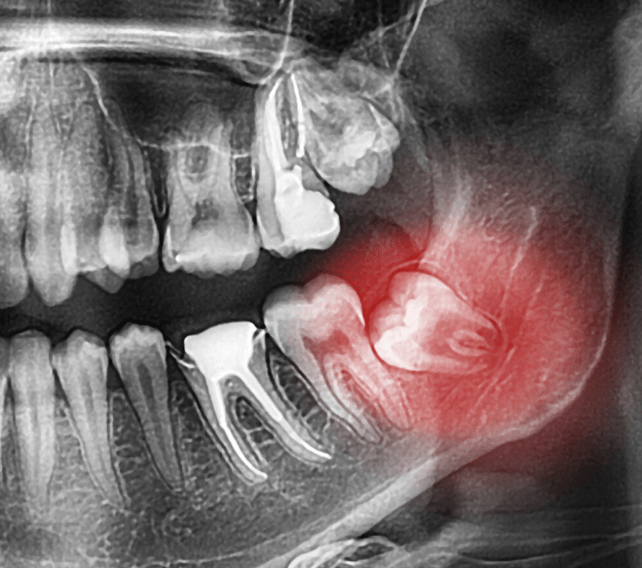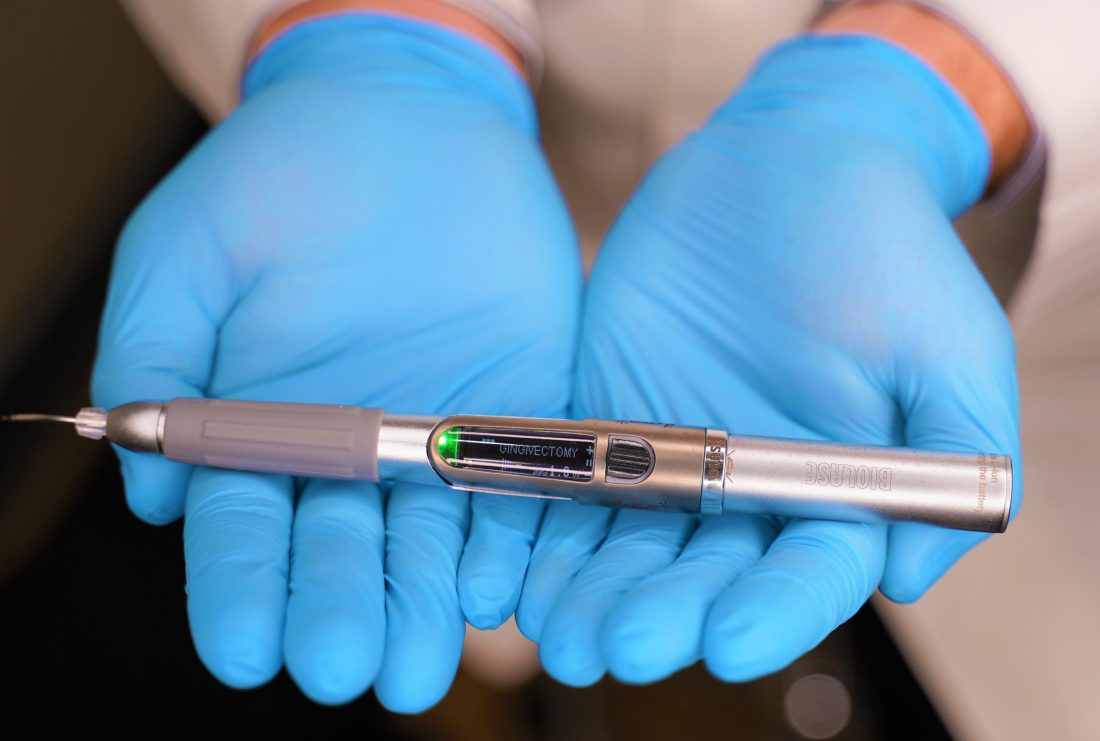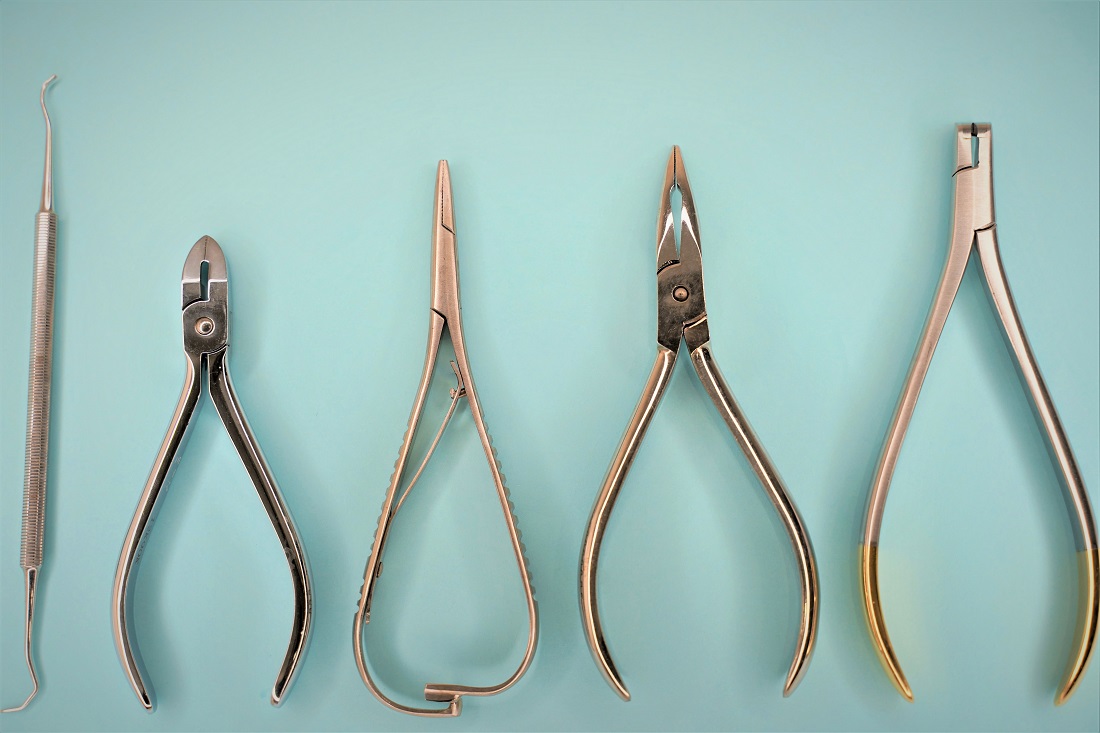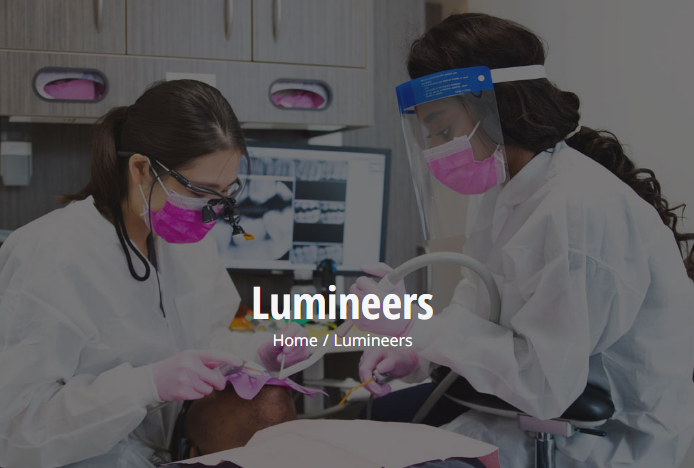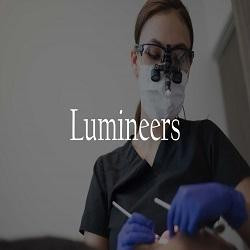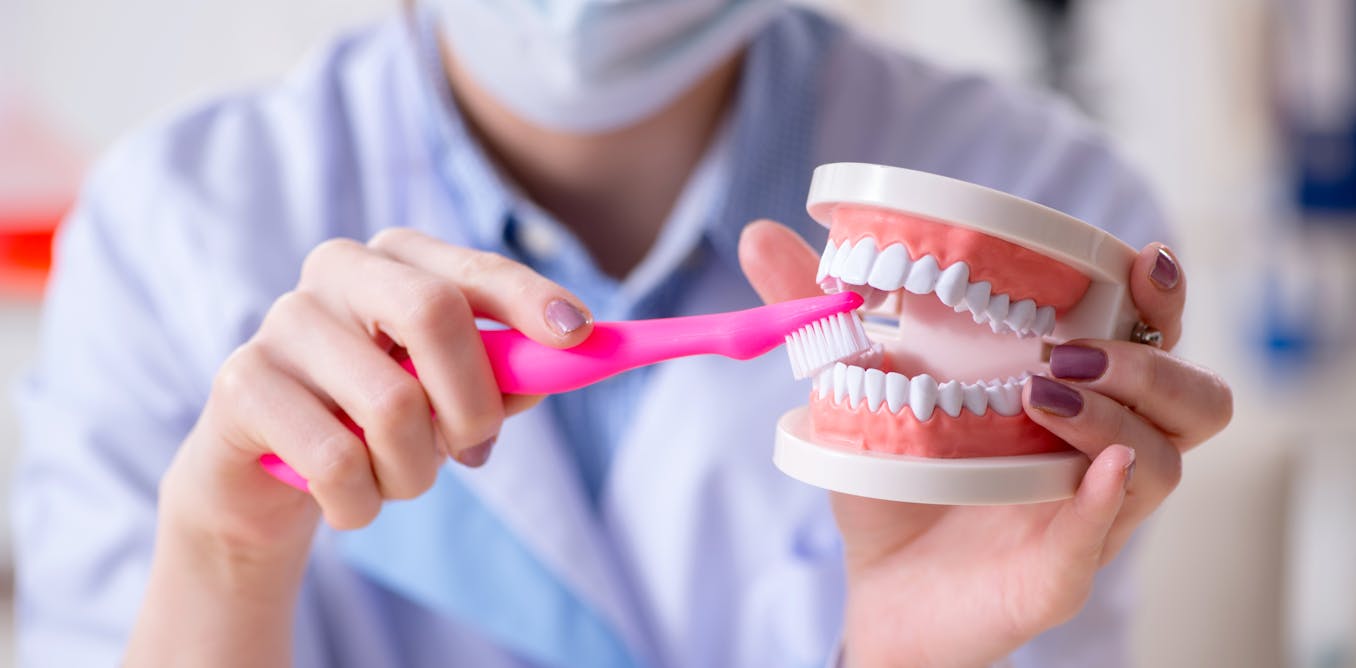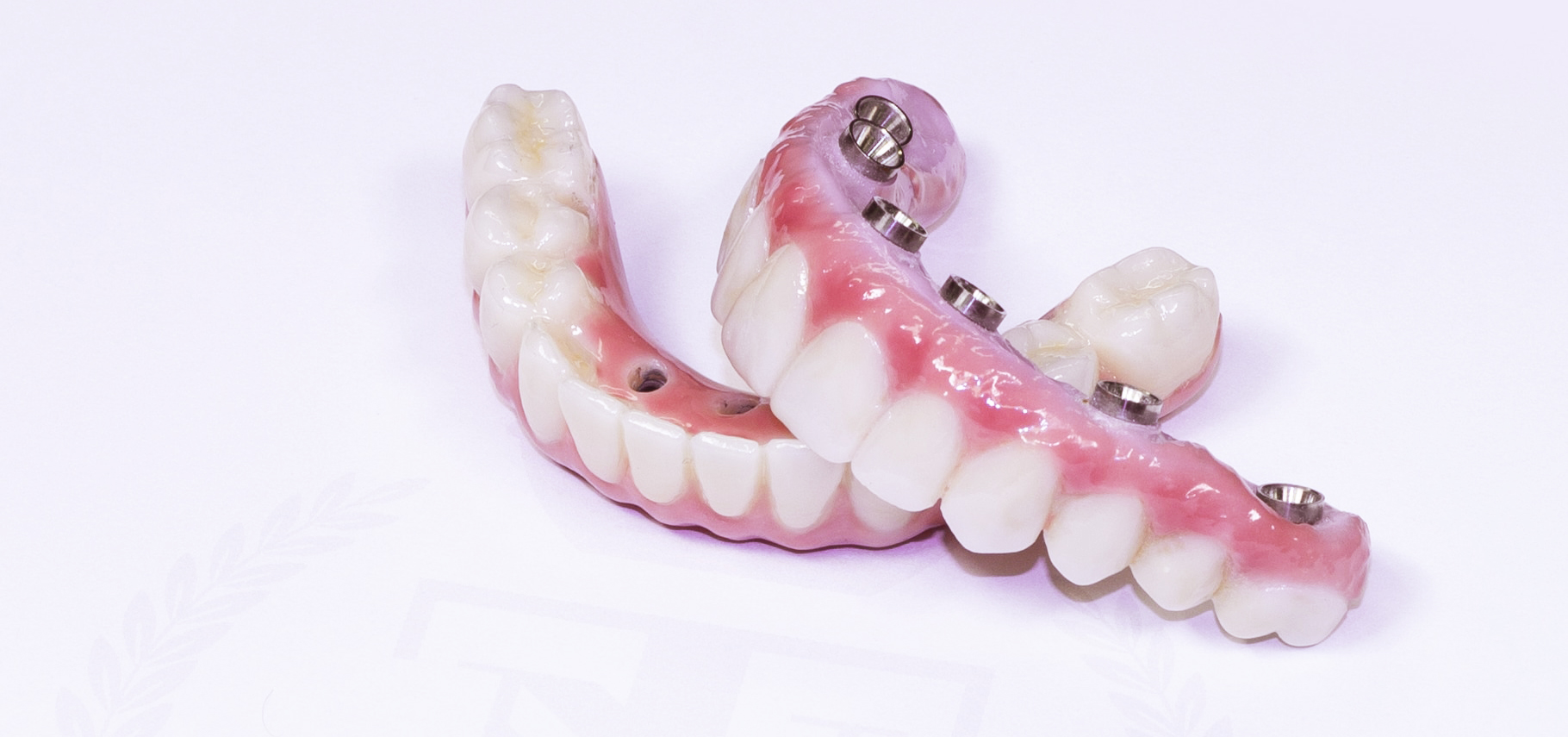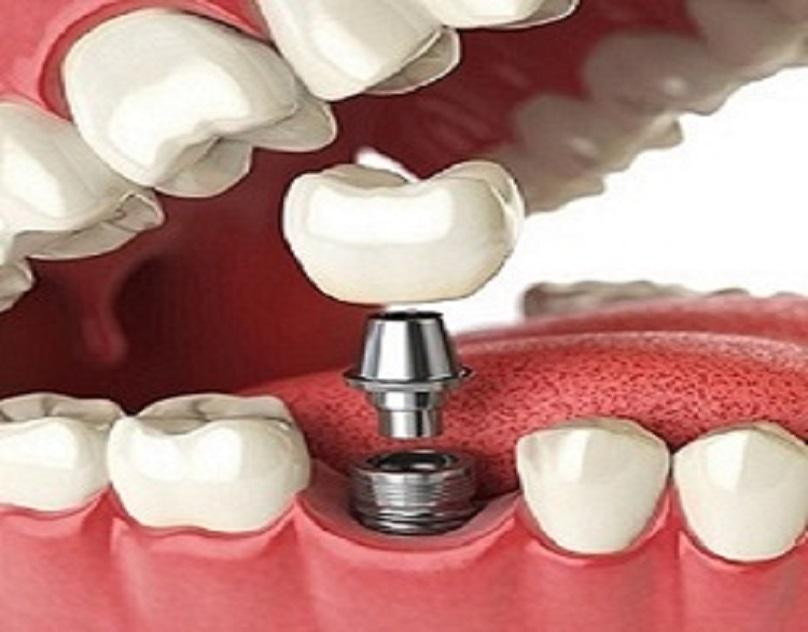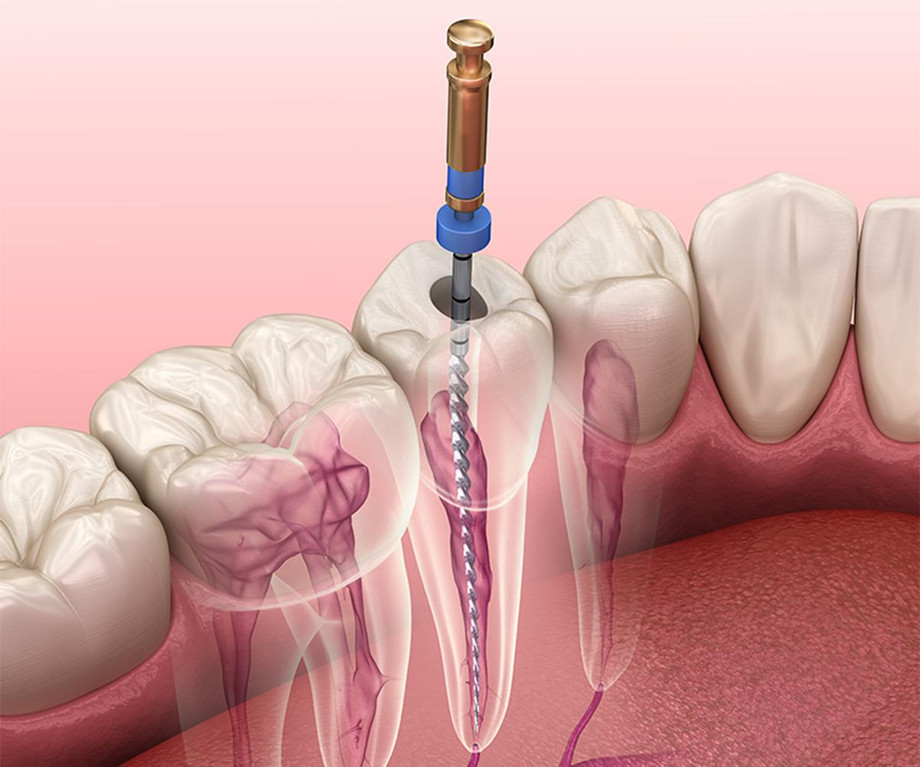Video Conferencing has been at an all time high for the greater part of 2020 since the pandemic started. Most people are spending their days attending countless hours of virtual meetings. People have taken notice of their smiles as their faces have been displayed on Zoom grids for virtual meetings and parties. It is pretty eye opening to sit and stare at your own smile during a virtual meeting. As a result, people have had more time to reflect and focus on self- care, especially where oral health is concerned. With social distancing and more time spent at home, more people are willing to improve their smiles so they are camera ready for virtual meetings and social media. Who couldn’t use a little confidence booster right now?
The most common dental treatments offered in our office to improve smiles are Whitening and Invisalign. We offer whitening for discolored and stained teeth. Glo Professional Whitening is offered as an in -office procedure that utilizes a mouth piece that combines optimal warming heat and safe LED light to accelerate specially formulated 30% hydrogen peroxide whitening gel. Patients get lasting results without the sensitivity. It is a one visit procedure that has you in and out of the chair in just over an hour. Most patients find the time spent in the chair relaxing. We usually recommend bringing ear buds to listen to music or a podcast during this appointment.
Invisalign has been the most requested procedure for patients concerned about their crooked smiles and crowded teeth. We offer consults and virtual simulations so patients can see what their teeth would look like when straightened with Invisalign. This is made possible with digital scanning. The scanner will take images of the teeth in the current position and used to educate patients about the position of their teeth and problems with their bite. Invisalign offers the benefits of moving the teeth into an ideal position slowly over time with the advantage of being virtually invisible when worn. The advantage is that it promotes better oral hygiene and home care because the aligners can be removed for eating, brushing and flossing. With digital workflow for capturing a patients records, including photos and scans, it saves time and offers shorter visits.

